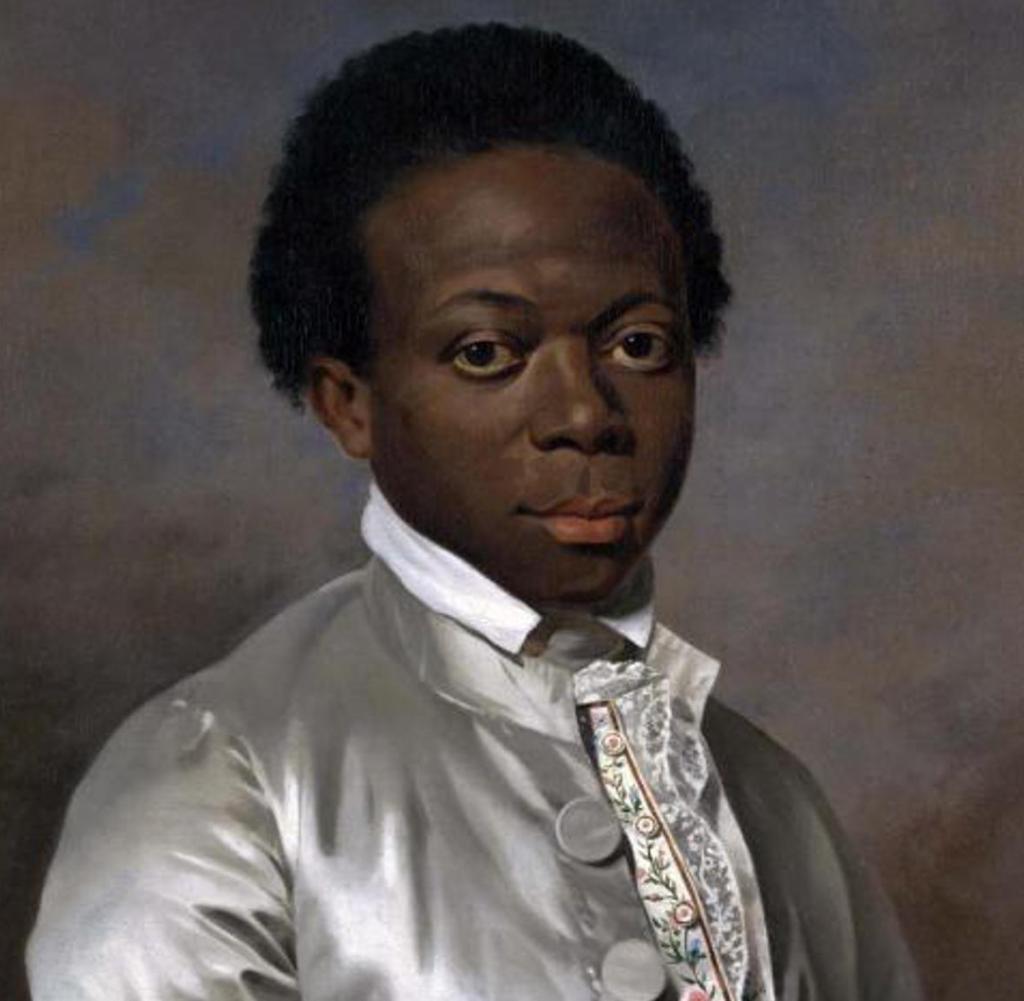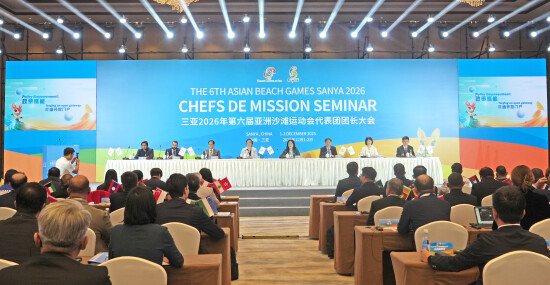As one of the millions of slaves who were dragged away from their African homeland, the story of Anton Wilhelm Amo, who hailed from Axim in the Western region of Ghana, is one to behold.
From leaving the golden shores in 1730, records show that he was taken to Amsterdam, in The Netherlands, by a preacher who was working in Ghana to serve the Dutch West Indies Company. He was later given out as a 'gift’ to Dukes August Wilhelm and Ludwig Rudolf von Wolfenbüttel in Germany as a child-slave, where he served as an ‘errand boy’ in the Prussian court in Germany. He was, however, also baptised before being affirmed in the Duke’s palace chapel and began to be treated as a member of the Duke’s family.
Following his experience there, Wilhelm Amo was allowed to study in the Halle and Jena Universities and became Germany's first Black philosopher and writer, having entered the Law School where he completed his preliminary studies within two years. Following that, two years later, he received what was a doctorate in philosophy from Germany’s University of Wittenberg and during his study; it is believed that he became the first African-born student to attend a European university. He also found time to master seven languages during his lifetime.
Amo published work across a variety of disciplines; from philosophy to psychology, and he also established himself as a highly-regarded enlightenment thinker as he became notable to be one of the most respected Black philosophers in the 18th century who also fought for the abolishing of slavery. His unrelenting opposition led to his decision to return to his homeland where he remained until his death.
During this year’s International Migrants Day, David Tette, a senior programme coordinator at the PME Ghana, said: “Anton Wilhelm Amo set the pace for most us to go outside overseas, acquired knowledge, then come back home with what we have learnt and used it to better us and ours here in Ghana.
“There are many other people who also did the same by coming back to contribute to national development.”
During the past October Google honoured Anton Wilhelm Amo with a doodle on its website illustrated by Berlin-based guest artist Diana Ejaita to celebrate the Ghanaian-German philosopher, academic and writer.
Born in 1703, Anton Wilhelm Amo left Ghana in 1730.
At age four, the story of his life began, not on a good note, but little did he know it will lead to something great.

















